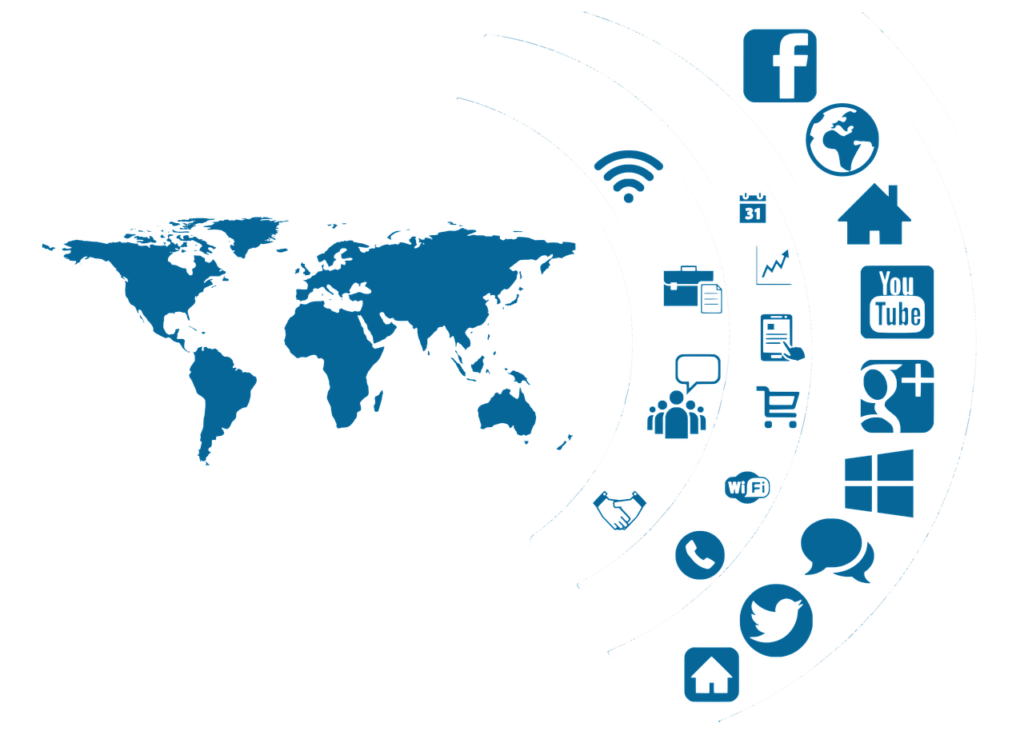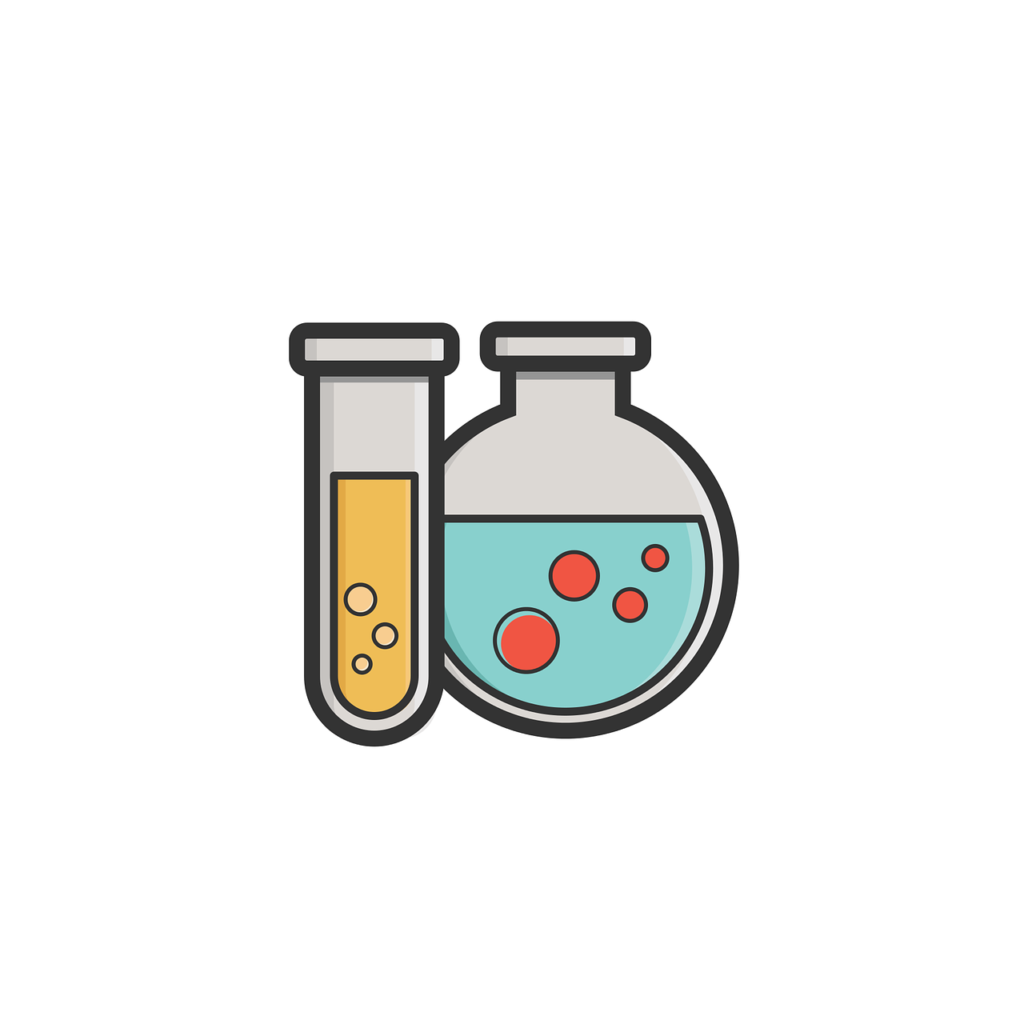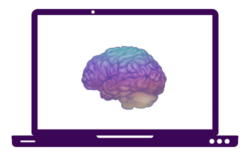When I set up my business, I wanted to make it as sustainable for myself as possible even with my chronically wonky health. This is why I set up as online-based, so I wouldn’t have to ‘commute’ to an office which would take energy, cause me pain and also take time away from clients I could be working with. So, for me, lockdown hasn’t really been much of a change to the way I currently live. Also, because of my health, I have many tools and coping strategies in place for when I am ‘stuck at home’. This is something I have learnt over many years of dealing with hypermobile Ehlers-Danlos syndrome, PoTs etc and how I can positively self-manage my condition to give myself the best quality of life. This isn’t the case for everyone though…
Why can’t I cope?
A lot of people have been really struggling with the idea of lockdown, the pandemic, COVID, being ‘stuck’ indoors, ‘social’ distancing and now the anxiety surrounding emerging from lockdown. A lot of people cannot understand why they cannot cope with this when they have always ‘coped’ before. Let me stress this to you now, it is different. It is weird. It isn’t any form of ‘normal’ we have ever known before and not something we ever imagined we would need to deal with in our lifetime. It is OK that you are struggling. It is OK to cry, get angry at it for taking your freedom away, however, we do not want to stay in this state. We want to be able to function better, cope better with the whole scenario as we know it is going to remain different for quite some time to come. That is why today, I will be explaining a little about what is going on in our brains when coping with COVID, to make us feel this way and to offer some tools to help with coping better.
The media

Firstly, the stress of it all. The stress of the current situation with be making your stress bucket rather full and sometimes it will overflow! This is understandable with the current situation, particularly when we had the daily updates from the government, whether you were scrolling endlessly through Facebook and we see COVID everything, listening to the radio, watching TV, it has been thrust in our faces almost 24/7 since the pandemic began. Not only that, everything has been an unknown to us about this disease, but most things have also been completely catastrophised by the media and our brains do this naturally too!
I understand that it is horrible, I get it, it is an awful disease, however, the media have taken it and RUN. This adds so much more anxiety and stress into our stress buckets than needed. We know it is bad, we get it, we do not need to be hearing about it 24/7. Our primitive brain is on the lookout for these things naturally and when we are reminded of them all the time, the amount of stress that is created by our brains is immense.
The body
Understanding how your brain is working is key to gaining more power over it. The main issue we have is, our stress bucket only has a finite amount of space before it will overflow. What I am seeing in my clients, friends and family is their stress buckets are overflowing. When our stress bucket overflows we get a whole host of other symptoms too. Whether this is IBS, migraines, heart palpitations, sweaty palms, chewing our nails, depression, anger etc. When we have an overload of adrenaline and stress hormones in our systems like cortisol, a lot of other things can happen too. Running on these types of chemicals, particularly cortisol for an extended period of time, can cause our digestive, immune systems to reduce their function and an increase in our blood sugar levels too amongst other things. This is absolutely fine to get us out of danger, however, not for trying to go to a shop or when a parcel arrives etc.
The brain
So what is happening in the brain? Well, for a start if we were to see an actually hungry wild animal in front of us, the fight, flight, freeze reaction would kick in. Ideally, flight as we would want to get a burst of adrenaline and stress hormones to get us out of danger! However, when it comes to COVID, we cannot see the ‘thing’ that is threatening our lives. It is microscopic, we cannot see it in front of us so the primitive area of our brain is remaining on constant alert. A bit like being in star trek on the enterprise on ‘yellow alert’, shields are up and we are expecting to take action at any moment. When a parcel arrives or we have to go outside for something, we hit ‘red alert’ mode, it’s like we are under attack but from something we cannot see.
Our primitive emotional area of the brain is very vigilant when it is activated, always looking for the bad things. Always looking for the negative stuff in life too which then adds to our stress bucket. Even if you scrolled through Facebook and there are lots of lovely things on there, when the primitive brain is in action, it will be picking out the negative stuff, all the COVID stuff in particular. Even reading and listening to things and people, we can interpret them in a much more negative light too. We do not always hear and process the exact words that are coming out of other people’s mouths, it is like our brain only hears what it wants to hear.
Not forgetting the fact that this is also affecting our sleep too! Sleep is our inbuilt therapist, it helps us work through all of the emotional stuff of the day and move it to the intellectual area of the brain where we have control over it. This is a really important part of the process and if we aren’t sleeping well, we aren’t working through as much emotional stuff, which means we end up with more in our stress buckets each time we start the day again. This can easily accumulate and then our buckets end up overflowing again and again.
The Amygdala

When the amygdala is overactive because our stress bucket is getting too full, it hijacks other areas of the brain. This is when we cannot think clearly, cannot think logically, we are more emotional and really struggling to be creative. I have personally been struggling to find my creative part of my brain since lockdown began. I know the pandemic has added to my stress bucket as I have had to shield and I have accepted that because I understand why. I haven’t tried to force my brain to write any blogs because it couldn’t until now. I have been focusing on just getting through the days without filling up my own stress bucket. Even as a solution focused psychotherapist, I need to actively work on keeping my stress bucket down too. None of us are perfect at it all the time. I could ‘feel’ what has been going on in my own mind/brain/body though and this is why I have written this blog for you all.
Particularly important now we are trying to get back to some sort of resemblance of ‘normal’. Having to wear face coverings, still being super vigilant about keeping our distance from others, not touching anything, hand sanitising when we do, we can be very quick to anger, get emotional, argumentative or even get upset. This is understandable. We know not everyone will be as careful as others. We cannot change their thought process and opinions, all we can do is change how we react to them. A deep breath is a good thing to do before responding, gives you a moment to drop the emotions that maybe lifting. Then you can respond much more logical way to others to get your point across.
The primitive parameters
When we are living in the constant fight, flight, depression area of the brain, we are more emotional. The 3 primitive parameters that affect this area of the brain are anxiety, depression or anger or a right mixture of all 3. Now, there are evolutionary purposes for these which I won’t go into today, just something to bear in mind. Most of us will have one of these primitive parameters we switch to first as soon as the bucket starts to fill up.
When our buckets are full, we either hide away from the world, get extremely anxious/stressed or have a very short fuse or a mixture of all three depending on the situation. Understanding that this is why it is happening is important, it gives us more control back over ourselves and our brains. When we recognise these signs of a full bucket and that we are working more from that primitive area of the brain, we can try to work out how we can actively reduce our own stress buckets.
The Serotonin

Serotonin is a wonderful brain chemical that we can release ourselves. The issue we have is, when we are working from the primitive area of the brain, we can’t release any or enough of it to make us feel good. We are very delicate creatures really, trying to find the right balance in life to get the right mix of chemicals to be released takes lots of hard work. We are like little chemistry sets, very delicate and it is a fine balance that keeps our brains and our bodies healthy, trying not to have a bunsen burner under our bottoms constantly through life. Take the heat off, relax and breathe, just doing the right things that produce the right chemicals in the brain makes us feel good!
Serotonin reduces our stress buckets, helps us cope better with daily life, reduces pain signals, makes us braver and most importantly for today’s world – it helps us to manage our lives better. Without serotonin, we find we can’t cope and we can only operate within those primitive parameters of depression, anxiety and anger or that combination of the three. Serotonin is used in every part of our bodies however, it is mostly known for its mood stabilizer. Serotonin’s main biological functions are to help modulate our mood, cognition reward, learning, memory and lots of other various psychological processes too.
How do we get serotonin?
Serotonin is a chemical that is released when we do the ‘things’ that make us feel good. Its nickname is actually the ‘happy chemical’, this is because it contributes to our happiness and wellbeing. We have three main positive parameters we need to work by in order to give us a constant flow of serotonin. When we get a constant flow of serotonin, we actually feel good, feel naturally more motivated for the day, cope so much better and life in general.
Positive Activities: These include moving our bodies a little more than your current level of ‘normal’. This must be moving your body in a way that suits you. So, if you have a chronically wonky body like myself, running does not work and it breaks me further. This is not useful, I need to do things that move my body well and not injure or cause me pain so walking, cycling, swimming works best for me. Have a think about how much you currently move your body and how you can move it a little more. Perhaps using the stairs in your home a little more, adding a little more physio to your daily routine, whatever works for you.
Positive activities for me, also include stuff I like/love to do at home. What do you enjoy doing? What makes you feel relaxed? What makes you feel good? Do you like crafting, reading, hot baths? Do more of them. Enjoy them. You do not have to be a master of a particular activity to get the brain to benefit from it. I LOVE crochet, that is my go to ‘thing’ to switch off my brain for a bit, bring myself down a gear and enjoy something. I will pick it up multiple times a day if I can. It is a great way for me to pace myself too!

Positive Interactions: with others which includes; chatting online with friends/family – video chat is particularly good for this during the pandemic. If you can’t video chat, even text messaging can be good, phone calls and now socially distanced meetups. We are social creatures, it is how we are made and reaching out to people for a positive interaction is important for our brains.
Positive thoughts: This is the trickiest one – just try to be a little more ‘mindful’ of the language you use. Look out for the normal negative phrases we may say and reframe them.
Can’t, shouldn’t, wouldn’t and couldn’t are the most common. Why can’t you? How can you? Why shouldn’t you? What could do differently to help you do a task more successfully. Can you break the task down into much more manageable chunks? We don’t go shopping with a great big list of things we don’t want, that would take forever! So, what do you want and how can you get there? Writing down goals makes them more likely to happen, as it cements it into our brains more. Makes it clearer to our anterior cingulate (our brains personally assistant), about what it needs to do and how it can get there.
The positive thoughts aren’t something you need to tackle straight away, as I say, just be mindful. It is the first two ‘P’s’ that are the focus for the time being. Your thought process will change as the bucket comes down.
The new ‘normal’
Our brains do not like change. It actively fights it. So, the fact that things have changed a lot recently, will make it really hard for us on a conscious and subconscious level. The situation is going to remain ‘different’ for quite some time, so trying to allow ourselves to accept this is important.
Your brain will always try to take the path of least resistance. It likes to maintain an equilibrium, keeping things the same and to make this easier for itself it creates a pathway of habits and behaviours it can follow more easily. Basically put, our brains are actually quite lazy! Always looking for the easier option/path to things. Once a habit/behaviour has been done enough times, the brain uses much less energy to do it. Like walking down a well trodden path is easier to walk on than one that isn’t. So, over time, the use of face coverings, visors, hand sanitiser etc will get easier. Working more online, from home, will get easier. The more we do these new things, the more our brains will accept them.
In the interim, we will tire more quickly as the brain works harder, come up against resistance from our brain for example; not wanting to wear a face covering. Don’t worry though, the more you keep actively working on your stress bucket, the easier these changes will be accepted. Change isn’t impossible, it is just hard and why we shouldn’t beat ourselves up each time we fall back into an old habit.
When you think about changes that are having to be made, give yourself time and patience in order for them to be accepted. Thinking about that well trodden path. You are now making new paths and this takes time for them to form.
Kim Clayden
HPD, DfSFH, MNCH, AfSFH (reg) CHNC (reg)
Solution Focused Psychotherapist & Clinical Hypnotherapist

great explanation of whats going on and why we are reacting in these odd ways, the stress bucket anomaly really helps me understand how too much stress causes knock on effects, and this also helps me understand just why it overflows even when I have removed other causes of stress.
You’ve summed this situation up so well. Life really is made easier with understanding why we are doing what we are doing, what our brains are responding to and how. This helps us focus on how to attempt to create the change we need without beating ourselves up. Thanks, again for sharing your info and knowledge.
The first time I read this I thought oh yes, that explains so much about why I am thinking/feeling the way I am at times. Especially the bits about adapting to change in the new normal.
And now I’ve found that just re-reading it makes me feel calmer too.
Thank you Kim